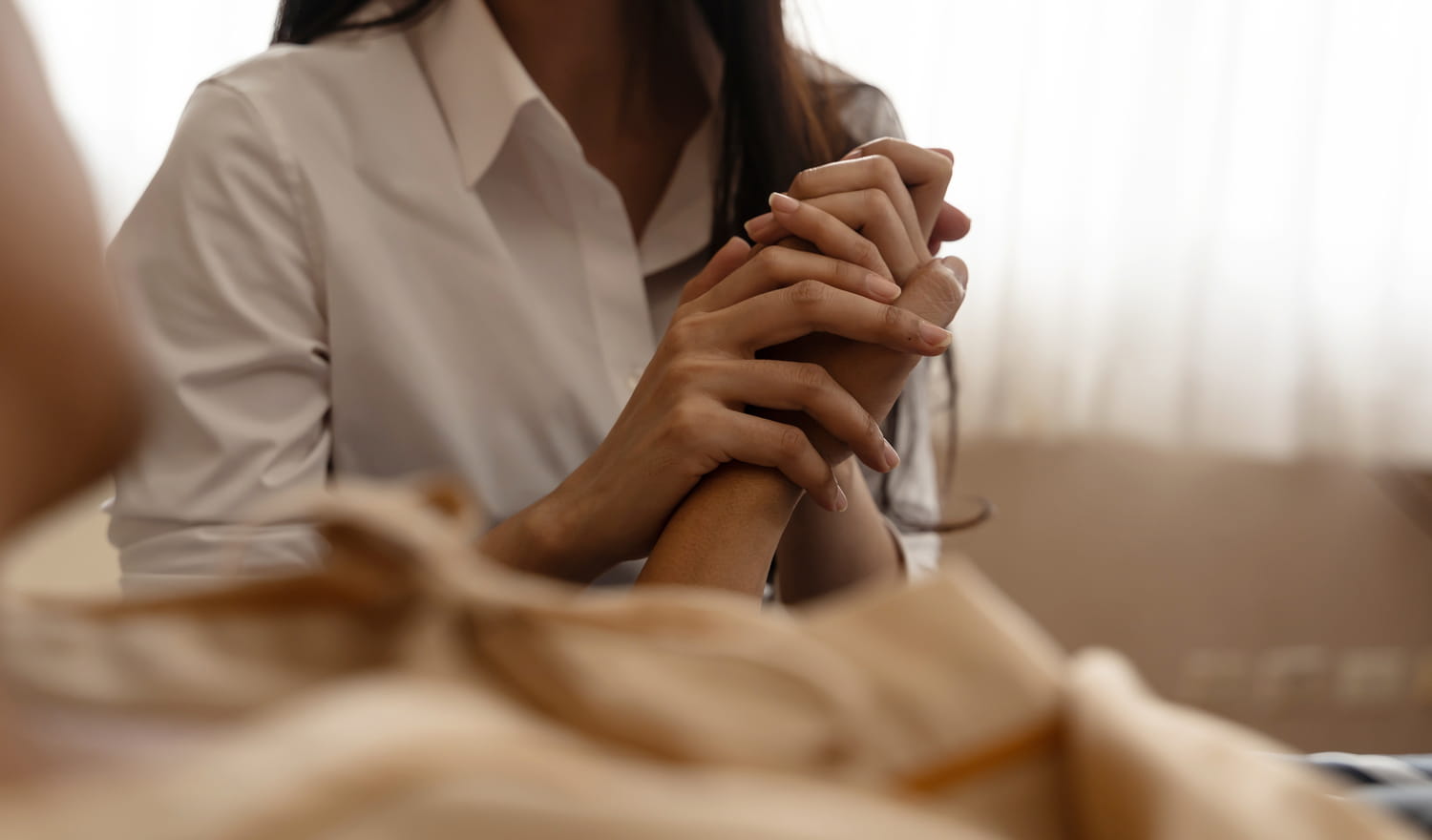For two years, Éloïse supported her mother who was suffering from cancer.
Back in Paris, Eloïse’s life is turned upside down. Her mother is sick, she has “malignant cells”. “The term ‘cancer’ was not used at all. There was a denial of the word, a denial of the disease almost throughout.” Éloïse notices that her mother, usually very active, gives little news. “I’ve found It was a bit weird so I went to see her.” That day, “there was a real shift” remembers the young woman. “I see my mother in bed at half past twelve. I had never seen her in bed at that time. I realize that she has a basin near her and that it is not okay.”
Her mother refuses the diagnosis and treatment and does not undergo medical examinations to determine the stage of development of the cancer. Claustrophobic, she can’t stand scanners. It was from her sister that Eloise learned a few weeks later that their mother had agreed to undergo hormone therapy to treat her breast cancer. “I discovered information about hormonal therapy through my own research. (…) The choice of this treatment was made for and by mom, probably because it seemed to be the most suitable and the least aggressive”she writes in her book “When you become a family caregiver”.
One night, Éloïse is called urgently: her mother is suffering from violent stomach pains. At the hospital, she becomes aware of the extent of the illness. She describes in her work: “I discovered a huge protuberance in place of his stomach. His skin is extremely distended. (…) It was the progression of the cancer. (…) I feel guilty for not having seen the disease progress.” After this hospitalization, Eloïse is increasingly demanded by her mother. She ends up moving to be closer to her.
“My mother absorbed my dynamism, my cheerfulness, everything I tried to bring to her”
She continues to work, but her social circle is shrinking. “My mother’s husband was amazing, always by her side until the end. My sisters lived far away. On a daily basis, they were not at all aware of everything we were going through. I felt like a hamster running on a wheel. You have so many sick days that it’s just the next day.” The exhaustion of the role of caregiver eventually makes itself felt. “You absorb the illness of the other. At the same time, my mother, she absorbed my dynamism, my vitality, my cheerfulness, my joy of living, what I tried to bring to her.”
Eloïse continued this rhythm tirelessly for two years. Then, his mother’s condition deteriorated. The family is considering home hospitalization, so that she can stay at home as long as possible. Finally, in December 2023, Eloïse’s mother lived her last moments in the hospital. Denial resurfaces. One last time. “I was like, ‘Okay, is there wifi? This way, on Monday, I will be able to come and work at the hospital, she will not be alone.” A doctor interrupts: “She looks me in the eyes and says: ‘Madam, it’s in the very short term that I’m worried about your mother’.” The shock is brutal. “She had just told me there wouldn’t be a Monday.” In her book, Eloïse describes the last days: “We shower her with sweet words and kisses, taking turns around her without ever letting go of her hand, with the music she loves to accompany her.”
Today, Éloïse warns about the invisibility of caregivers: “There is a silence from caregivers. It’s good to talk about it, because they are all around us, they hold society together.” She insists on the importance of not forgetting oneself, to prepare for future mourning: “You have to eat. It could be culture, cinema, reading… For me, that’s clearly what kept me going: I always went walking in nature, I did sports every day.” These moments allowed him to hold on and still share moments of joy. “There were some very happy moments”she remembers. “We laughed, we watched movies, we turned on the music loudly.”
Thanks to Éloïse Maillot-Nespo for her testimony. She is co-author, with psychologist Blandine Chemin-Sauque, of “When you become a family caregiver” (ed. Albin Michel). Comments collected on October 3, 2025.


